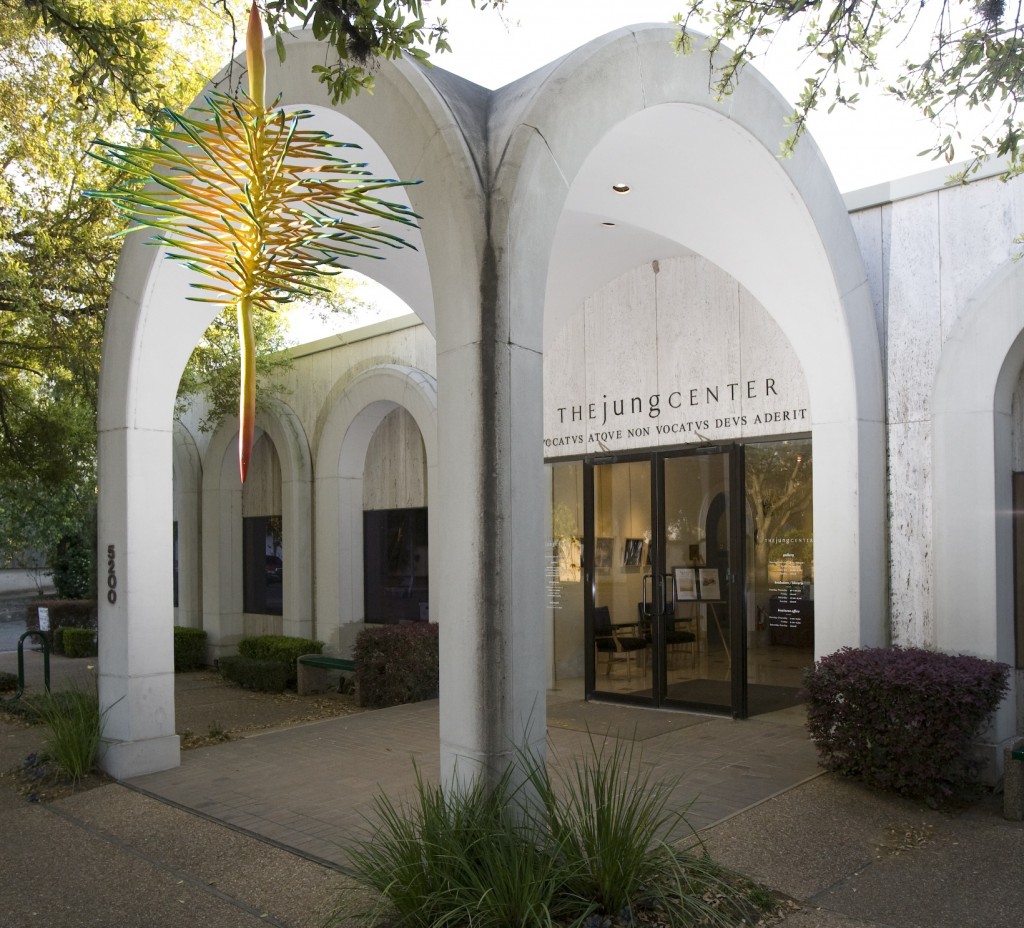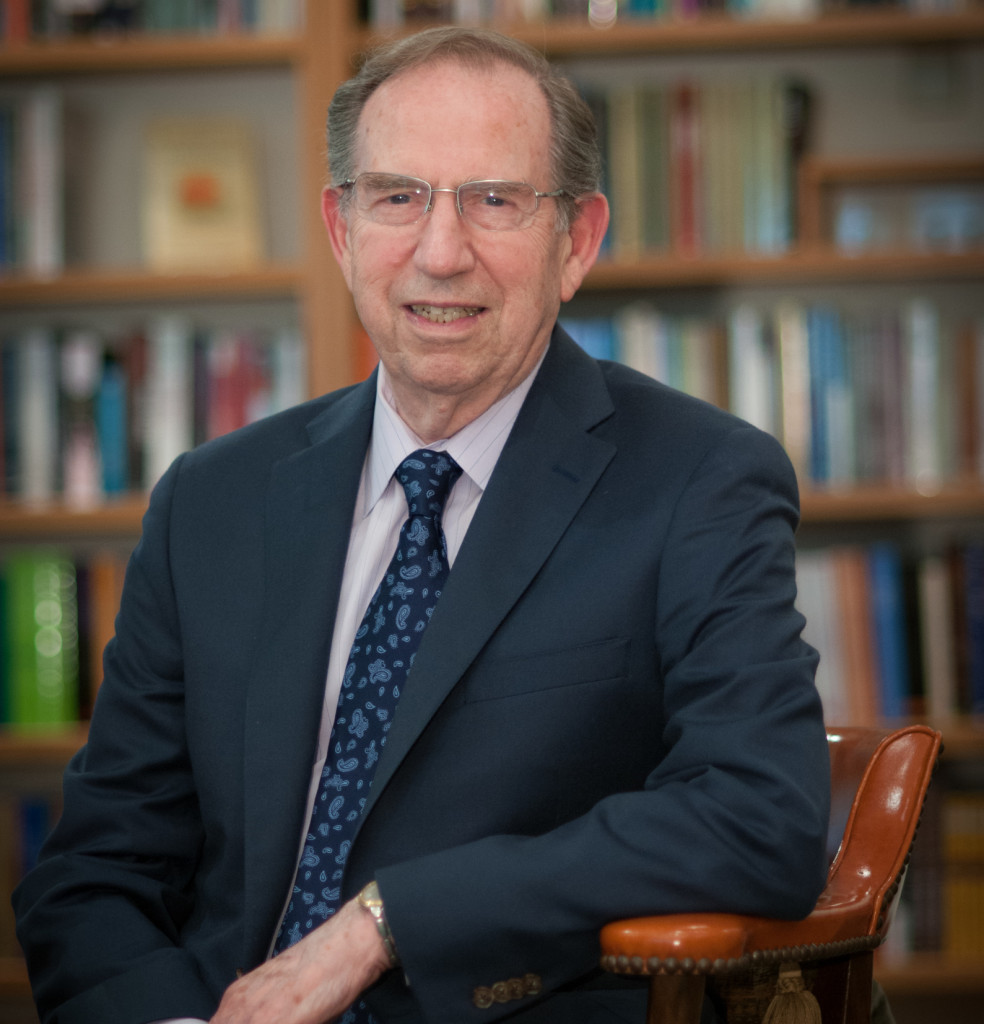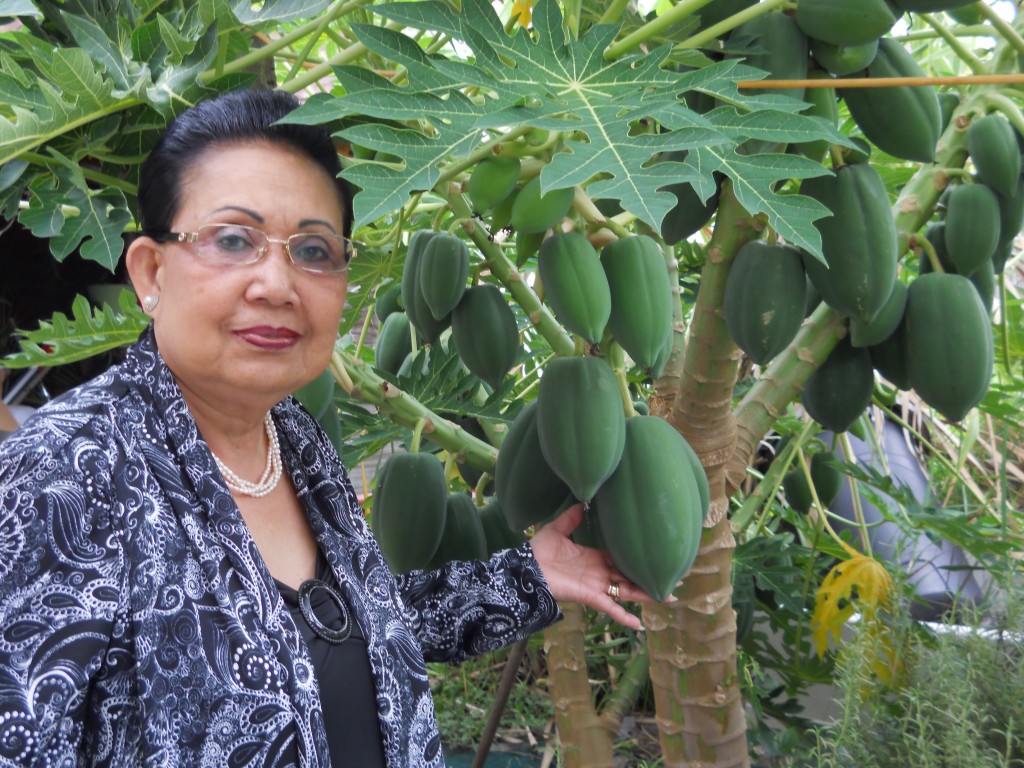A Survival Guide: Jung Center Panel Explores How to Rebuild Lives That Have Been Torn Apart
The Jung Center on Montrose offers just what you’d expect from a place devoted to the fin de siecle Swiss theorist. There are therapists, a bookstore heavy on myth and spirituality, lectures by scholars. The Center’s mission, however, is doggedly practical: showing Houstonians how our inner lives determine our outer lives – and in some cases, whether we live or die.
It was this notion, core to psychiatrist Carl Jung’s values, that prompted the Center’s July 17 panel with two Houston activists who have survived genocide. Cosponsored by Holocaust Museum Houston, “Creating a Life in Difficult Circumstances” was designed, according to its sponsors, “for everyday Houstonians, whether it’s a middle-aged man who’s lost his job, a family surviving divorce or a low income mother trying to make a future for her kids.”
It asked a simple question: As America’s top refugee destination, Houston is full of people who have rebuilt their lives after losing all. What can they teach the rest of us?

For both panelists, the answers were single-minded caring for loved ones, and taking charge of their life stories for themselves. But the way the two panelists managed those stories over the decades couldn’t differ more greatly.
Side by side at the Holocaust Museum, facing an audience of several dozen activists, community members, and social service providers, panelists Ben Waserman and Yani Keo were disarmingly charming speakers. But both, as they told their listeners, live with wounds they can never forget. Eighty-five-year old Waserman, a businessman and Holocaust educator, survived the Nazis’ Theresienstadt camp when he was 13 years old. Seventy-five year old Keo, an advocate and president of the Alliance for Multicultural Community Services, escaped the 1975 Cambodian genocide.

As Waserman told the attentive crowd, supporting his family in America was crucial to surviving psychically what he had escaped physically.
Born in 1929 in Berlin, Waserman saw his world transformed during Kristallnacht, the 1938 rampage by Nazi supporters against Jewish citizens of Germany and Austria. The Wasermans’ tailoring business was seized, and the family driven into hiding. In 1941, Ben’s father was arrested and sent to Buchenwald. He died there. A year later, Ben, his mother, and Ben’s toddler brother were caught and sent to Theresienstadt in what is now the Czech Republic.
Theresienstadt was a transit camp, a holding station for Jews who were then deported to death camps, concentration camps, and forced-labor camps. Most who were imprisoned there died of disease or starvation.
Waserman, his mother, and his brother, however, survived until liberated in 1945. Gravely ill, the three eventually were sent to New York. They then moved to Philadelphia, where Ben graduated high school and joined the U.S. Air Force. The GI Bill allowed him to go to the University of Houston, where he met his wife, Carmen Mercado. Today, Waserman, the father of two children, owns an audiovisual production company. In recent years he has become an educator with the Holocaust Museum Houston.
Every one of those mainstream achievements, Waserman told the July audience, was an act of claiming his identity.
“I wanted to make a normal life for myself,” he said. “When we came to the United States, we decided we would speak only English. We would only be American. My daughter didn’t know I was in the concentration camp until she was 16 year old. I wanted my children to have as normal a life as possible, and not experience the pain I had gone through.”
Interestingly, spirituality, often considered important for psychic stability, didn’t have much of a role in Waserman’s ability to rebuild his life. “I am very proud of being Jewish,” he said. “But organized religion is not for me. I do things that are right in my mind, not because I’m a Jew but because I’m a mensch.”

Keo, for her part, told audience members she has relied intensely on spirituality, though not any religion in particular. Raised in an elite family with ties to the Cambodian royal court, Keo grew up nominally Buddhist, but attended Catholic school. Today, she said, “my parents are my god.” The Khmer Rouge murdered Keo’s mother and more than 60 member of her family. Their bodies have never been found. In a form of ancestor reverence, Keo today keeps a shrine containing anonymous bone shards from Cambodia, and focuses her love and reverence on them daily.
Keo’s life before Houston was “gold,” she said. As a young woman she flew to Paris or Bangkok to shop whenever the whim struck. She married at 15, to a man she had been betrothed to since birth. But the arranged marriage worked; her husband Yaoth liked Keo’s outspoken ways and encouraged her to continue her education. Even then, Keo was a born activist: as the Khmer Rouge bore down on Cambodian society, she volunteered to help fleeing refugees. In 1975, Pol Pot seized Cambodia, announcing the “Year Zero” and forcing massive transfers of population throughout the country. More than two million people would die in the resulting genocide.
Just as the country was falling, an American officer urged Keo and her husband to leave Cambodia. A private jet took them to Thailand, but Keo’s husband insisted on flying back home. Keo continued on to Paris, where she met her three children – and learned that the Khmer Rouge had murdered every person on the flight her husband had booked. Keo and her sister found themselves penniless refugees, in charge of 13 children: six of their own, and seven of missing Cambodian friends.
Five months passed before Keo learned that her husband had not boarded his plane and was instead living in Houston. The family reunited here. Ever since, Keo has dedicated herself to helping other refugees: first as an ESL volunteer, then as cofounder of the Alliance for Multicultural Community Services, which has assisted more than 100,000 people and founded a lush organic farm that raises more than $4 million a year. In 2012, Houston Grand Opera commissioned a chamber opera recounting her story.
Caring for children and others, Keo told the audience, is what has kept her alive. ”I’ve never told this story,” she said, “Not even to my husband. When I was first in Paris, I was so hurt. My pain was so deep. The crisis time was at night. One night I said, I cannot take this anymore. Why me? I cried so much.” She decided to overdose on pain pills. Then she thought about the children sleeping in the next room. “My thirteen children saved my life,” she said. “It’s true. I said, ‘Okay God, now you guide me in the right direction.’ [I told myself] Yani, wake up! I changed my anger to love. My hatred to peace. I went to the bathroom, washed my face, and said thank you God.” The next day she went to find a job at a Paris charity.
In Houston, Keo has become the legal parent of more than 100 orphaned young adults, allowing her to help support and educate them. Aiding others has been so crucial to Keo’s stability that she insists that the refugees she assists volunteer as well. She recently pushed a recent Afghan refugee, she said, to welcome an even newer arrival at the airport. “When you volunteer you forget your pain,” Keo said. “You say, I’m not alone.”
While Keo and Waserman both found productivity and protecting others were keystones in rebuilding themselves. But the way they used words to define themselves, to themselves and to others, differed profoundly.
For Keo, survival pivots on her ability to speak about the horrors she cannot forget, and the joys that are her “sleeping pills” for a peaceful rest.
She pushes her refugee clients to talk too. Some cannot. ”In this country, we Cambodians have people go to sleep and die. They choke,” Keo said. “They dream and choke and die. The husbands. Right here from Houston. Many many.” Doctors often say the cause of death was a heart attack. But the wives report what they see as choking, and the Cambodians even have a name for what happens: death from past experience.
Waserman, however, noted that his route to survival was different. In the decades after Theresiendstadt, words could have hindered him, he said. He needed to act. To be.
“There are some people who can talk about it easily, talk all the time. There are some people that can’t,” Waserman said. “I couldn’t. For me, not talking allowed me to live a normal life.” It was Waserman’s daughter, Kastle Waserman, who finally pulled his story from him in detail six years ago. She wove the story into an award-winning documentary, Berlin Calling.
More than 70 years after Theresienstadt, Ben Waserman, like Yani Keo, finally considers telling his story necessary to the life he wants for himself.
”I still remember being talked into speaking to a bunch of kids,” Waserman said. “I was scared to death. I had never spoken about my time in the concentration camp, and here were a bunch of kids looking at me expecting me to tell them what it was all about. It felt pretty good. It was the turning point for me, to talk about what my childhood was like. These children were so responsive. I really felt I had to tell my story, because I didn’t want what happened to me to happen again.”
